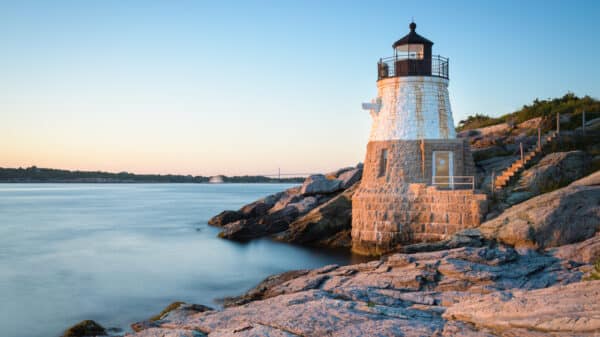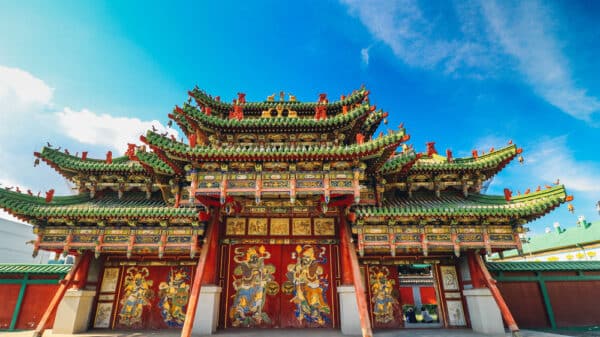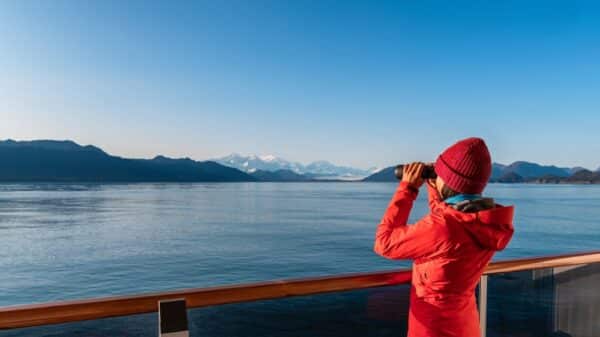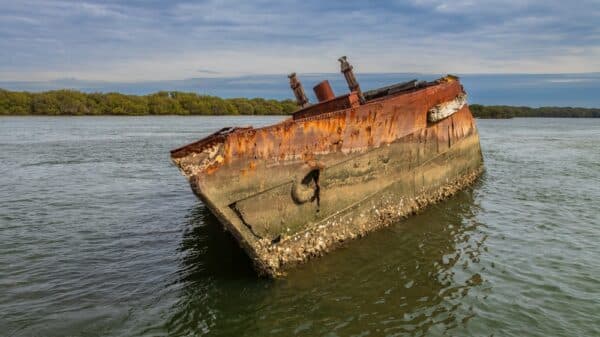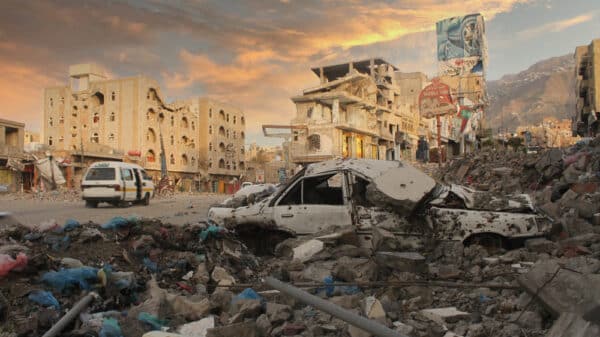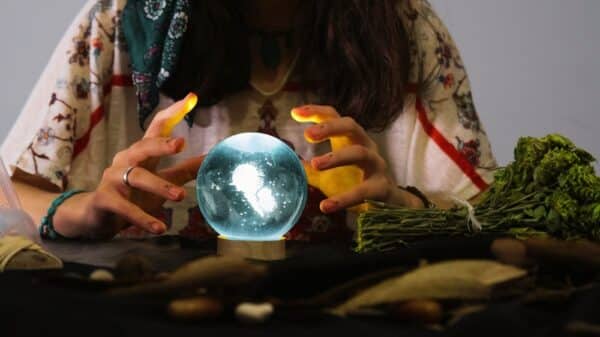Tuvalu tends to be disregarded as a travel destination, standing as the least frequented country worldwide. It is also amongst the smallest nations in terms of land expanse and inhabitants, comprising nine islands, with six inhabited by just a few thousand people and the remaining three left deserted.
Placed in the Pacific Ocean, Tuvalu is located almost equidistant from Hawaii and Australia and falls within the Polynesian triangle, alongside Samoa and Fiji.
The most populated islands in Tuvalu are Funafuti, Nanumea, Nukufetau, Vaitupu, and Nui. The nation consists of three reef islands and six atolls.
Initially recognized as a British protectorate in 1914, Tuvalu achieved independence in 1978. It currently stands as a respected member state of the United Nations, actively engaging in regional organizations such as the Pacific Islands Forum, particularly focusing on environmental and climate change matters.
Climate
Tuvalu encounters a tropical climate with substantial precipitation throughout the year. The mean annual rainfall varies from 1,000 to 1,500 millimeters on most islands, peaking between December and February.
The islands are highly vulnerable to climate change repercussions, including escalating sea levels, more frequent and intense tropical cyclones, and ocean acidification. To counter these challenges, Tuvalu communities are striving to diminish their reliance on fossil fuels, with some implementing solar-powered desalination plants on their atolls.
Population
Around 11,792 individuals reside in Tuvalu. While Europeans, Australians, New Zealanders, and Americans can be found residing in Tuvalu, Australian and New Zealand nationals encounter limits due to the nation’s stringent immigration policies.
Recognized for its peaceable demeanor, Tuvalu flaunts a low homicide rate of 0.8 per 100,000 people in 2014. Nonetheless, the country’s law enforcement services are under review to fulfill the increasing demand.
Culture
Tuvalu is renowned for its conventional Polynesian traditions, encompassing the craft of siapo, a finely embellished barkcloth fashioned from the inner bark of the mulberry tree. Some customary practices like tattooing have waned among the populace.
Since 2003, Tuvalu has been commemorating World Peace Day annually on September 14. Remarkably, the nation lacks military forces or compulsory national service for its citizens, mainly comprising a Christian-majority populace, with Hindu and Muslim inhabitants also present.
Economy
Agriculture and fishing propel Tuvalu’s economy, with copra (coconut flesh), fish, garments, and handicrafts constituting the primary exports. Remittances from Tuvaluans working overseas play a substantial role in the economy.
With a GDP (PPP) per capita of $5,700 and an unemployment rate of 10%, Tuvalu offers free education up to the secondary level.
Tourism
Although not a principal economic foundation, tourism entices a moderate influx of visitors to Tuvalu annually. The nation hosts the Teufaiva Festival in Funafuti each year, initiated in 2007 and repeated in 2008 and 2010.
Some prominent attractions encompass the submerged U.S.S. Arizona, a World War II submarine deliberately sunk by the U.S. Navy in 1942 near Funafuti. There are also remnants of an aircraft in Nanumea, along with commemorations for the U.S.S. Albacore and the sunken U.S.S. Yorktown near Nanumea, underscoring the region’s historical importance.
Image Source: Unsplash

